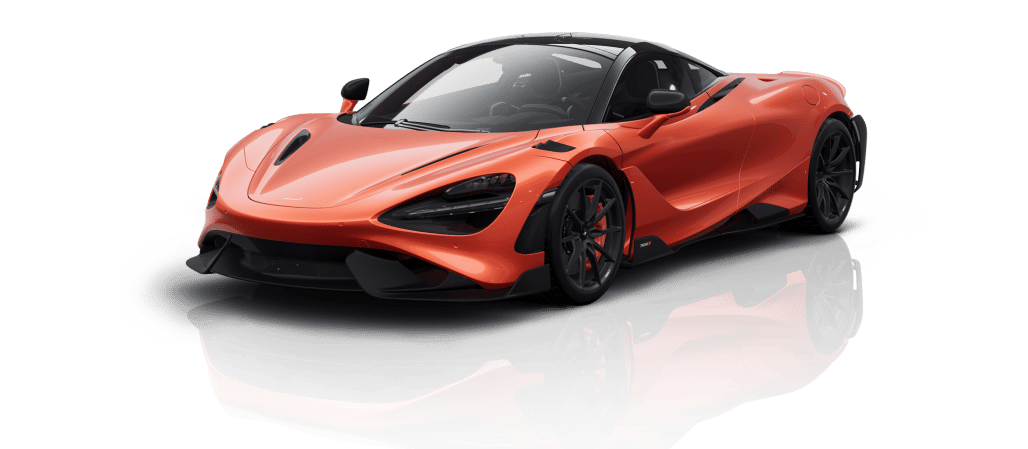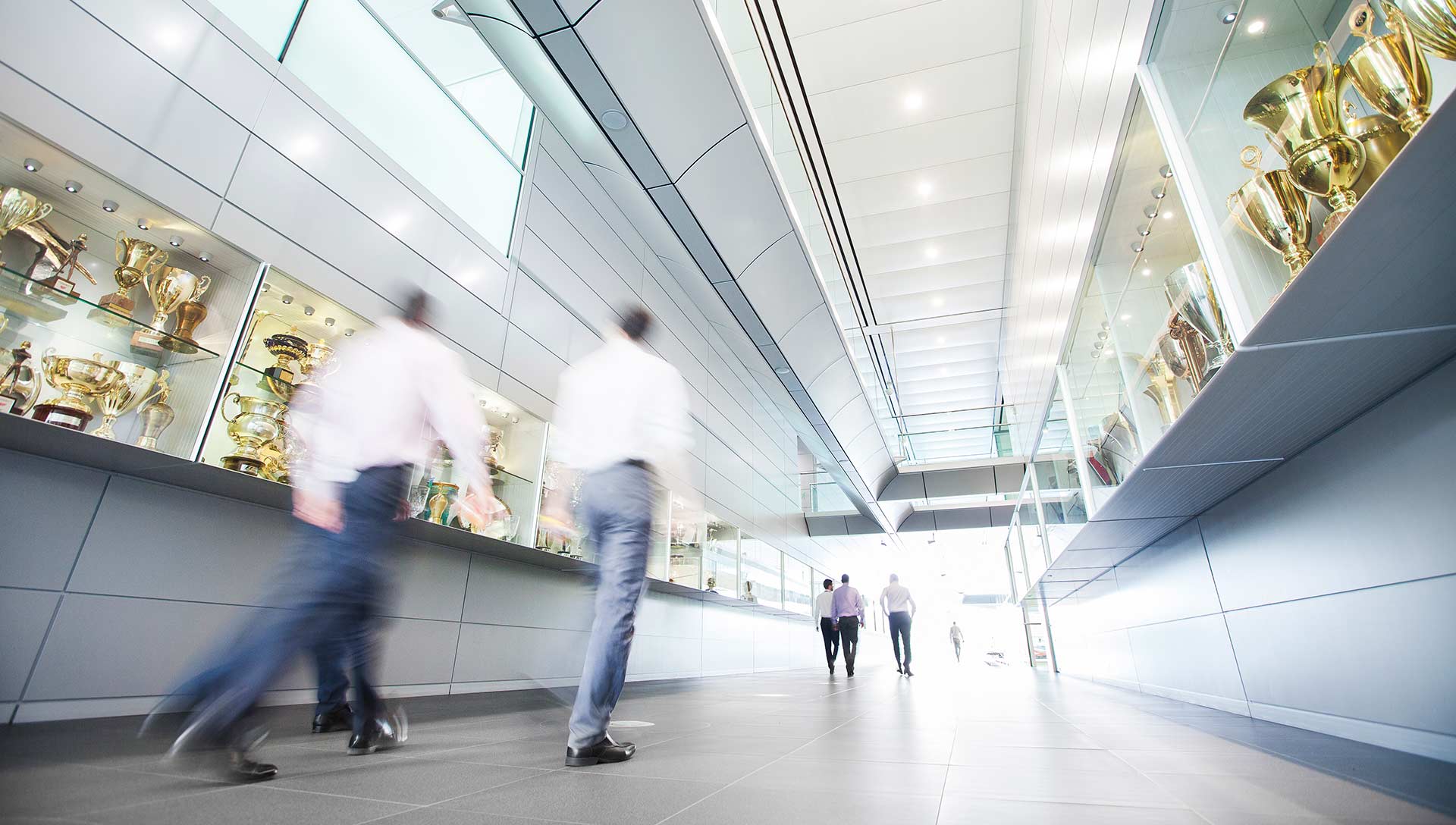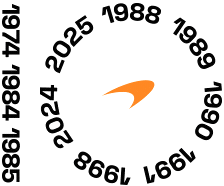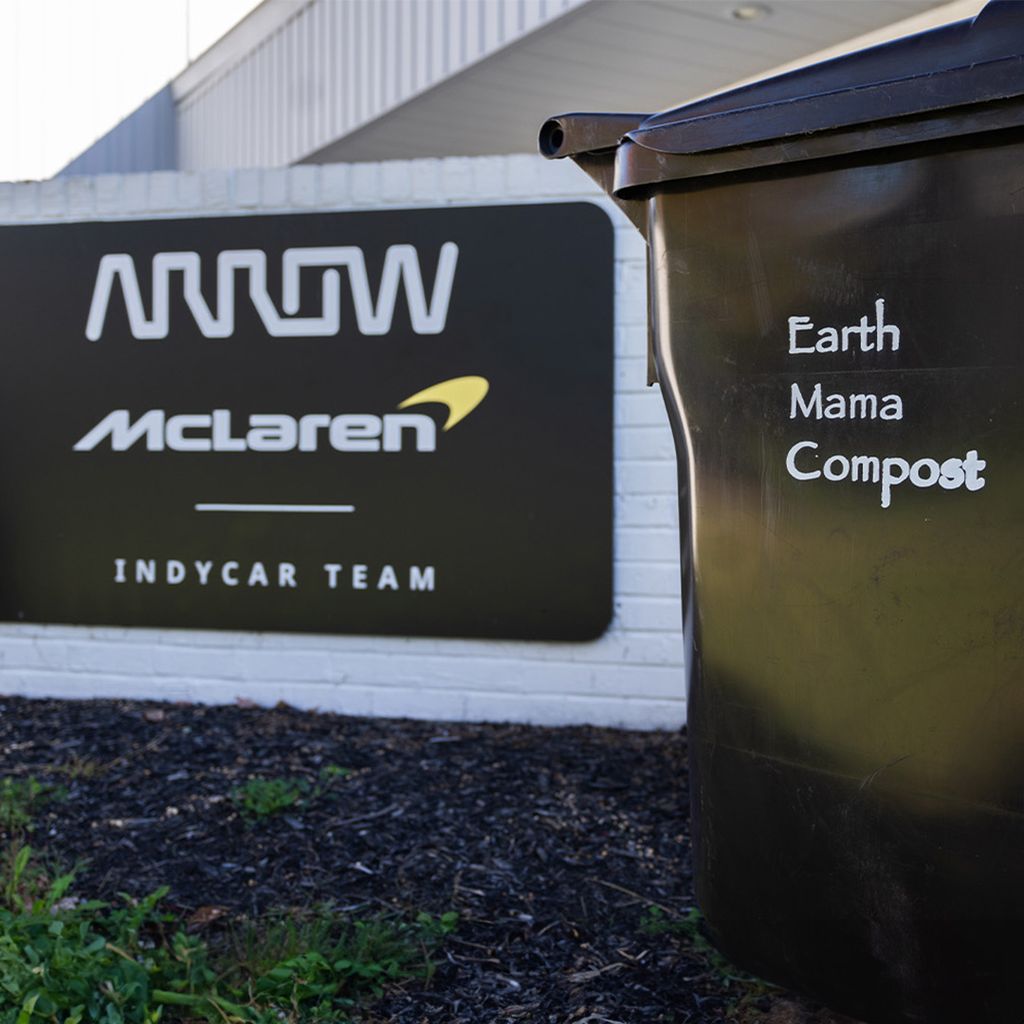
Celebrate Green Sports Day by composting
A more sustainable solution to food waste

The racing season may be over for Arrow McLaren, but our work off the track doesn’t stop, including our work on the sustainability front. This year on October 6, we’ll be recognizing Green Sports Day, a day that celebrates the positive impact sports can have for people and the planet.
So on this Green Sports Day, let’s take a look at one of the ways that we try to stay green: by composting!
What is composting?
Composting is a natural process where organic materials, such as food scraps, yard waste, and paper products, decompose over time to form a nutrient-rich fertilizer. This strong fertilizer is then used as you would any normal fertilizer – to grow and feed plants and grass.
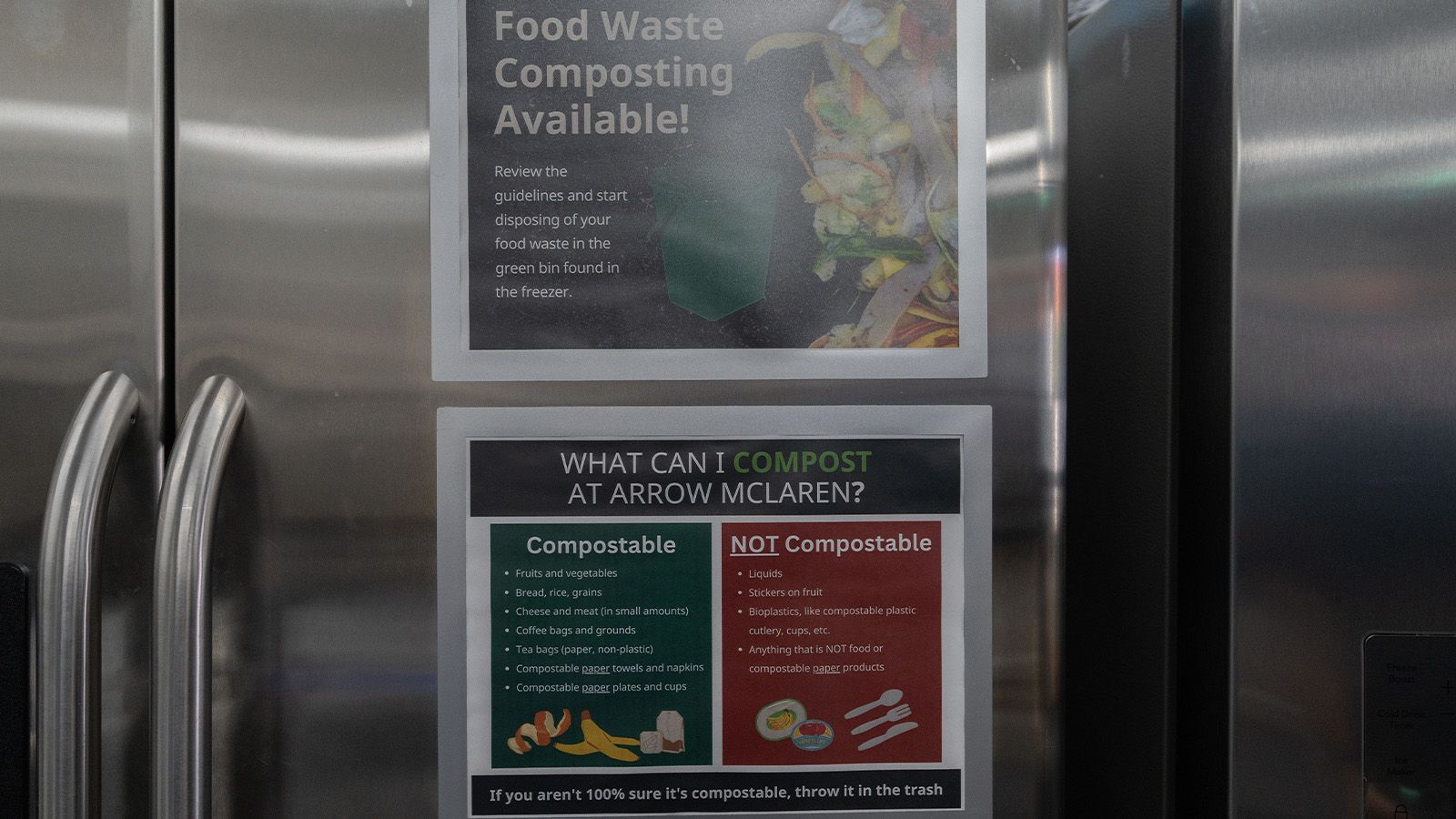
Why compost?
Food waste is a major contributor to landfill contents, accounting for about 24% of municipal solid waste in the United States. This amounts to roughly 35 million tons of food waste each year! As this organic waste decomposes in landfills, it generates methane, a potent greenhouse gas.
Composting offers a practical solution to this problem. By converting food waste into compost, we can recycle valuable nutrients back into the soil while also supporting sustainable agriculture and reducing the overall carbon footprint associated with food production and waste management.
How do we compost at Arrow McLaren?
At Arrow McLaren, we’re working to minimize the resources we consume and the waste we produce – we refer to this as “circular economy.” As part of that mission, we started a composting program at our shop that covers a wide variety of materials, including food scraps from meals and paper towels from our restrooms.
We’re always exploring ways to expand our composting program, including some creative solutions. For instance, we recently began using corn cobs as part of our metal polishing and finishing process! By doing this, we replaced a synthetic process that also created a more efficient process for our team as we try to construct the fastest cars possible.
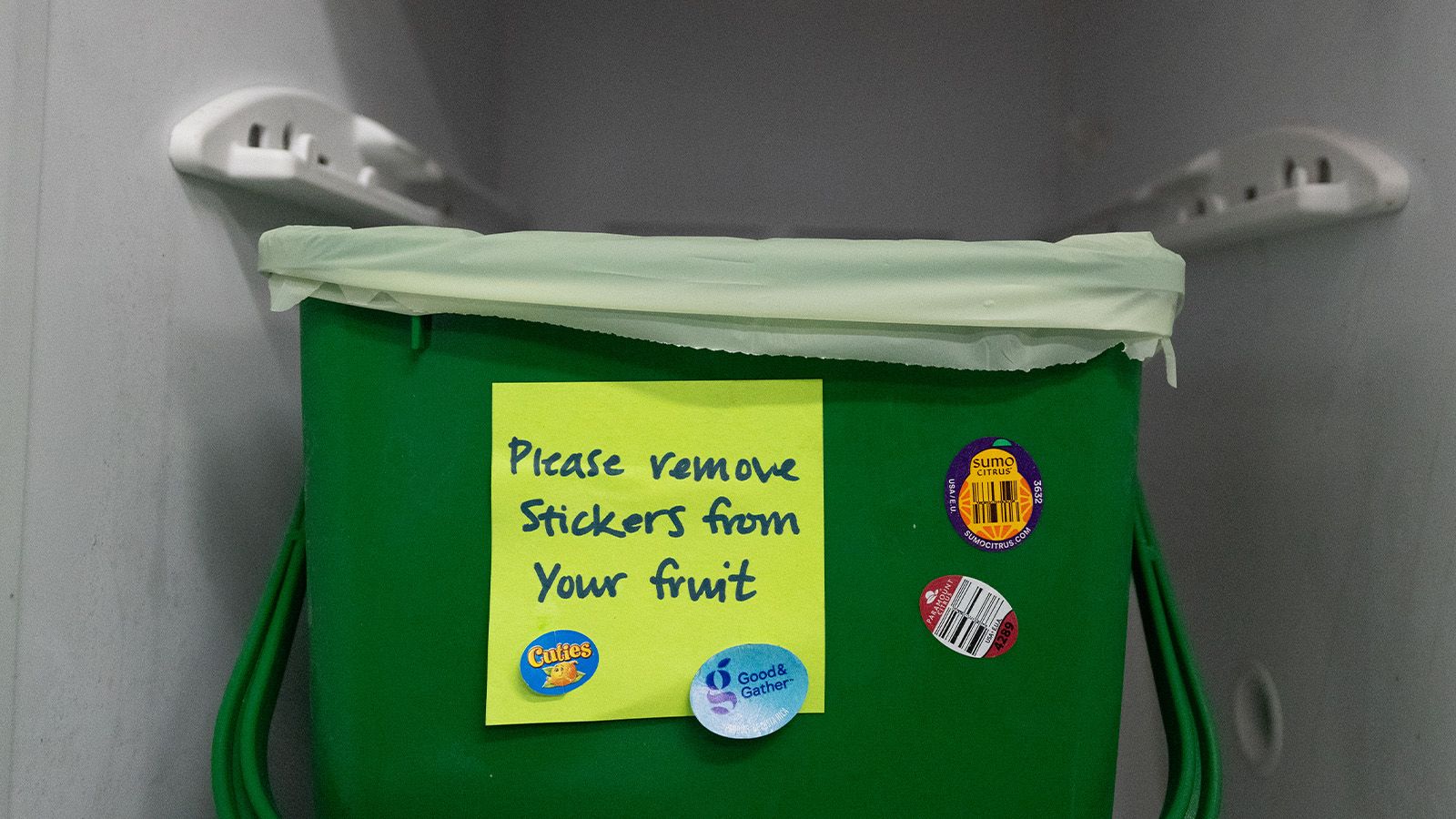
Three ways to compost
1. Curbside compost pick-up
Many communities and private companies offer curbside compost pick-up services, making composting more convenient for all. Households can separate their compostable materials into designated bins, which are then collected by local waste haulers. Choosing this option is best for those who don’t have a home composting setup.
Check with your local waste management department to see if curbside composting is available in your area and learn about the specific materials that are accepted.
2. Home composting
Home composting involves setting up a compost bin or pile in your backyard or garden. One of the perks of home composting is that there are so many ways to customize your setup and what you compost, like fruit and vegetable scraps, coffee grounds, eggshells, and yard waste like grass clippings and leaves. There are several types of home composting systems, including traditional compost bins, tumblers, and open piles.
To start composting at home, choose a well-drained location that has good air circulation. Make sure you layer “green” materials (nitrogen rich) with “brown” materials (carbon-rich) to maintain a balanced mix, and regularly turn the pile to aerate it and speed up the process.
3. Vermicomposting
Vermicomposting, or worm composting, utilizes red worms to break down organic waste. This method is particularly well-suited for those with limited space, like an apartment. Vermicomposting involves setting up a worm bin, where worms feed on food scraps and create nutrient-rich worm castings (vermicompost). These castings are an excellent organic fertilizer for plants.
To start vermicomposting, you’ll need a worm bin, bedding material (such as shredded newspaper or coco coir), and red worms. Maintain proper moisture levels and avoid adding meat or dairy products to keep the worms healthy and productive.
Related articles
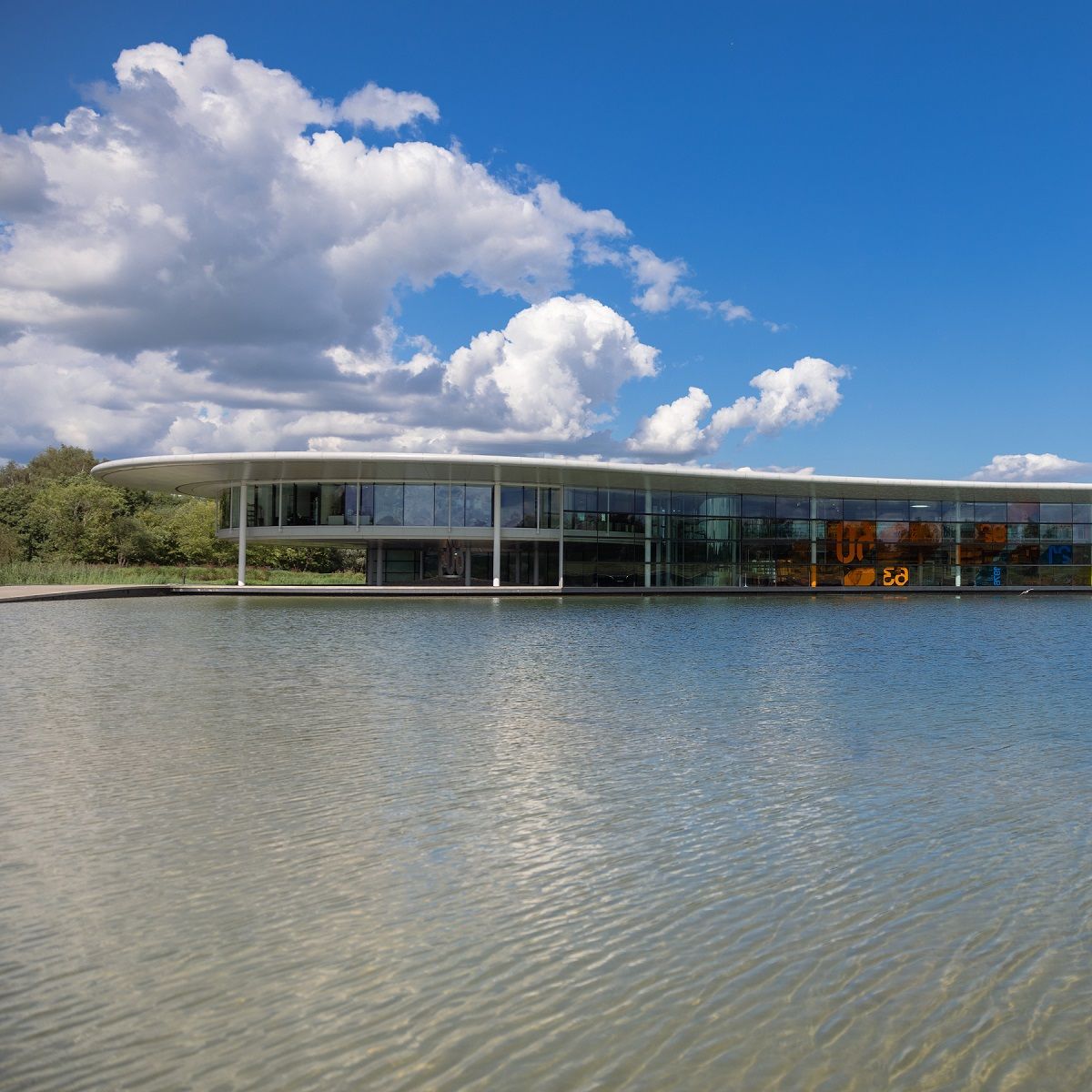
Simplifying our Sustainability Report

Why are McLaren working with the Great Barrier Reef Foundation?

McLaren Racing launches second year of 60 Scholars STEM initiative

Zak Brown: “The future of IndyCar is bright, but we need to keep pushing forward”

Arrow McLaren Big Machine Music City GP: race report


